Ludic Systems:
Playful subversion runs through all of i-DAT’s activities. It is both a creative methodology (ludile) and a provocation for critical engagement. Embedded in most of our project outputs this theme also manifests itself in projects that engage audiences in real-time city wide social gaming, interactive systems and playful software. The approach runs through our workshoping, participatory design and co-development processes.

Noogy’s background is a little unclear. Some claim that Noogy arrived from deep space, originating somewhere off the shoulder of Orion, watching C-beams glitter in the dark near the Tannhauser gate. Others claim that Noogy grew from within the network of CAT6 Ethernet cables, silicon chips and data mines that form the core of the Arch-OS system in Portland Square. Whilst others still claim that Noogy was there all the time, waiting in the void for the digital interface that would allow his manifestation. Some say Noogy is the ‘building’, others that Noogy is just a ‘viral infection’, like a bad cold that cant be shaken.

The Random Lift Button project was conceived as an opportunity to exemplify further the role of space at the mercy of time. Certainly in large commercial buildings lifts are implemented to squash space and enable people to move more quickly from one work activity to the next. Lifts become a temporal slippage in the experience of a building as a whole, we skip space and avoid people, places and the opportunity to see the ‘whole’. Indeed corridors and stairwells are recognised as the most important social spaces within businesses and many more negotiations and affairs occur between office spaces than within them. Just like in hypertext our choice of destination is provided to us with the minimum of ‘journeying’.

KeJi is an artificial intelligent creature who communicates through tweets and SMS txts. KeJi maintains a symbiotic relationship with humans by synchronizing its heart with the average heart beat of the people it interacts with. KeJi has a big heart and gets lonely and upset when it has nobody to talk to. KeJi was present during Cheltenham Science Festival: 15 – 17 June 2012. To talk to KeJi SMS ‘talkkeji‘ and ‘your question‘ to 07766404142 or send a tweet to ‘@talkkeji‘. You can also visit KeJi in the festival space, or play the game KeJi has made for you. If you like, you could have a chat to him now, here on KeJi’s website. Just go to the ‘Talk KeJi’ page and start chatting.

Notes Towards The Complete Works of Shakespeare: STAR & Sulawesi crested macaque monkeys from Paignton Zoo: As part of the development of the Vivaria project, Generator hosted a troop of Sulawesi crested macaque monkeys from Paignton Zoo to test Infinite Monkey Theorem. The idea that an infinite number of monkeys with typewriters for infinity could eventually produce the complete works of Shakespeare was enacted in a monkey cage in Paignton Zoo…

Sloth-bots are large autonomous robots that move incredibly/imperceptibly slowly. They reconfigure the physical architecture imperceptibly as a result of their interactions with people, over time. As the use of the space changes throughout the day, sloth-bots reposition themselves in anticipation of new interactions with the buildings occupants.

S-OS: Social Operating System for Plymouth. 8 February – 6 April 2007. i-DAT, in collaboration with Plymouth Arts Centre, presents: ‘S-OS: a Social Operating System’ for the city of Plymouth. S-OS is a collection of creative interventions and strategic manifestations that provides a new and more meaningful ‘algorithm’ for modelling ‘Social Exchange’ and proposes a more effective ‘measure’ for ‘Quality of Life’.
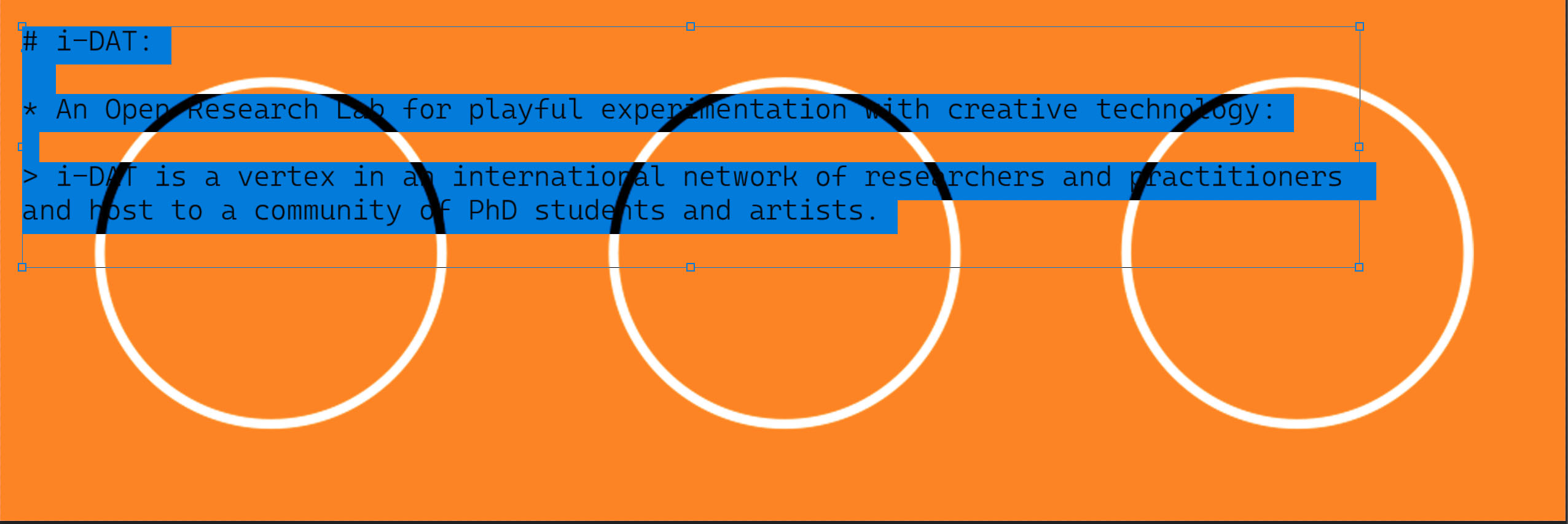
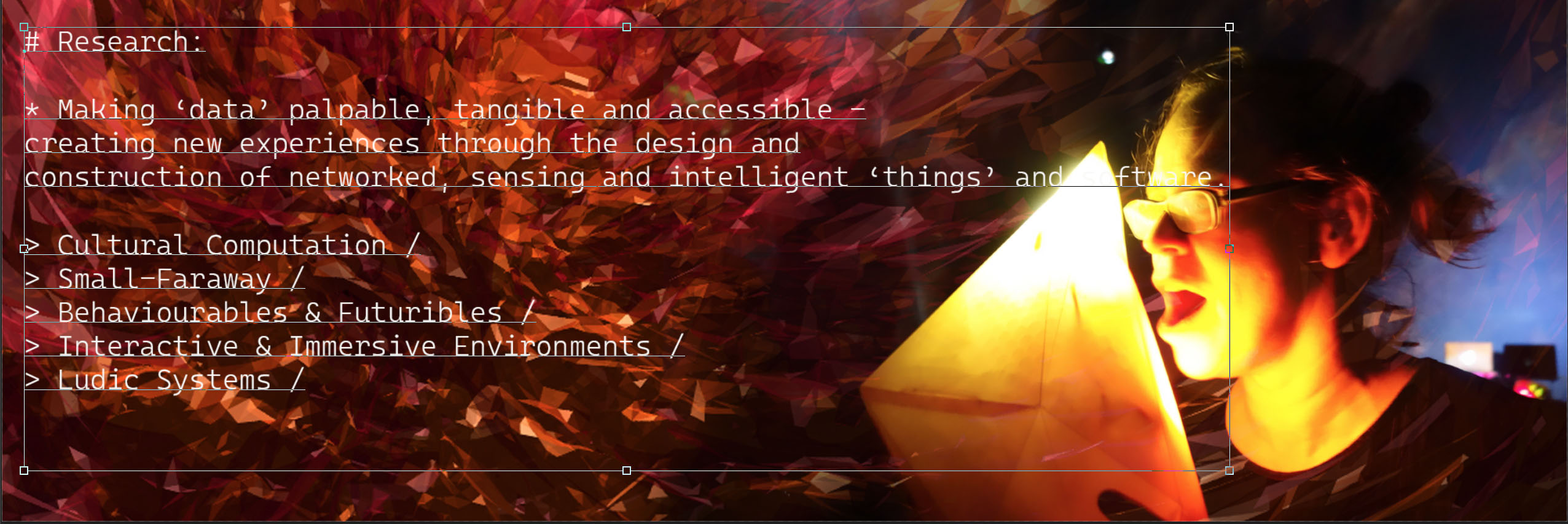
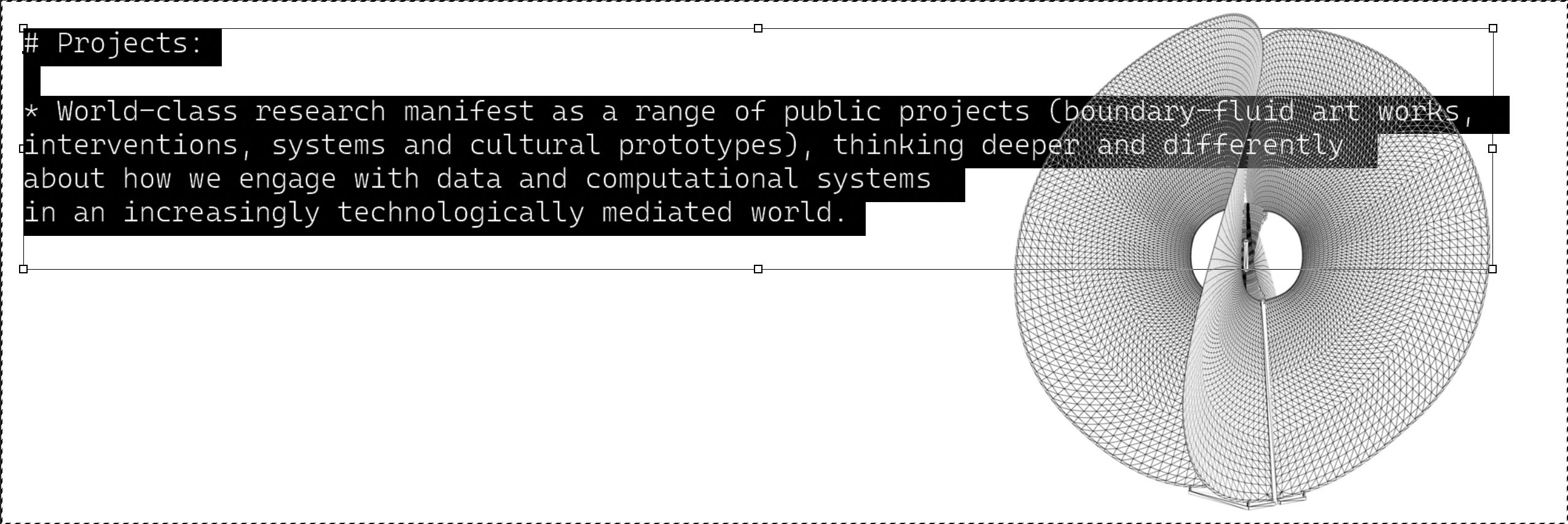
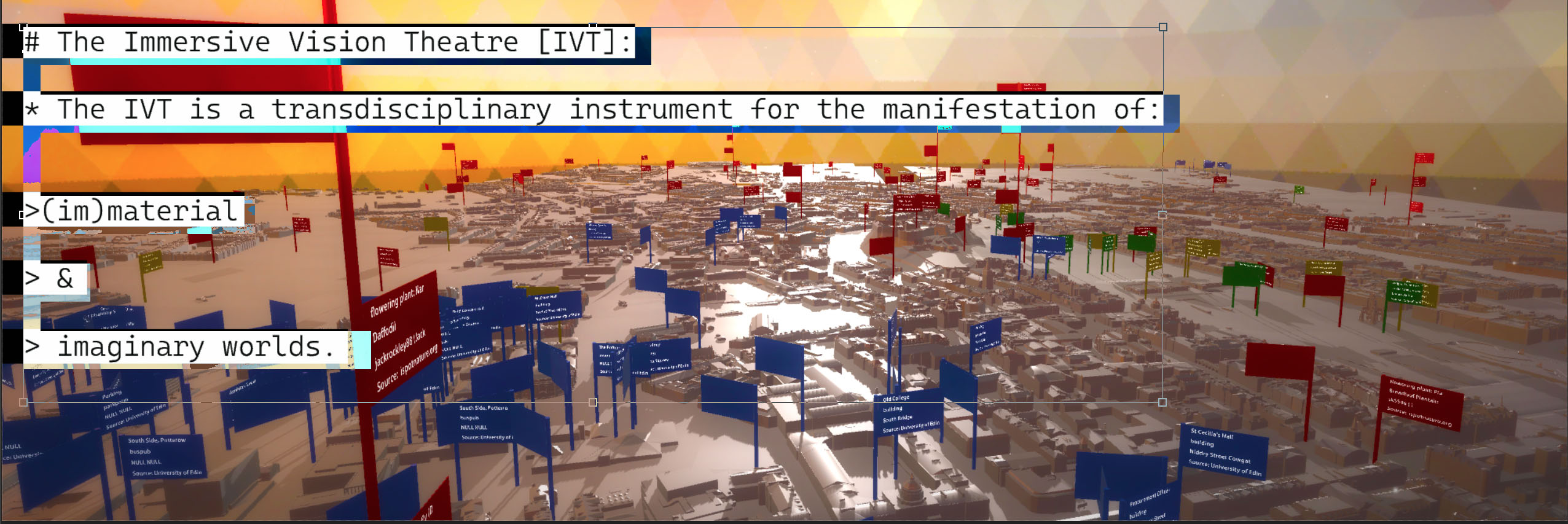

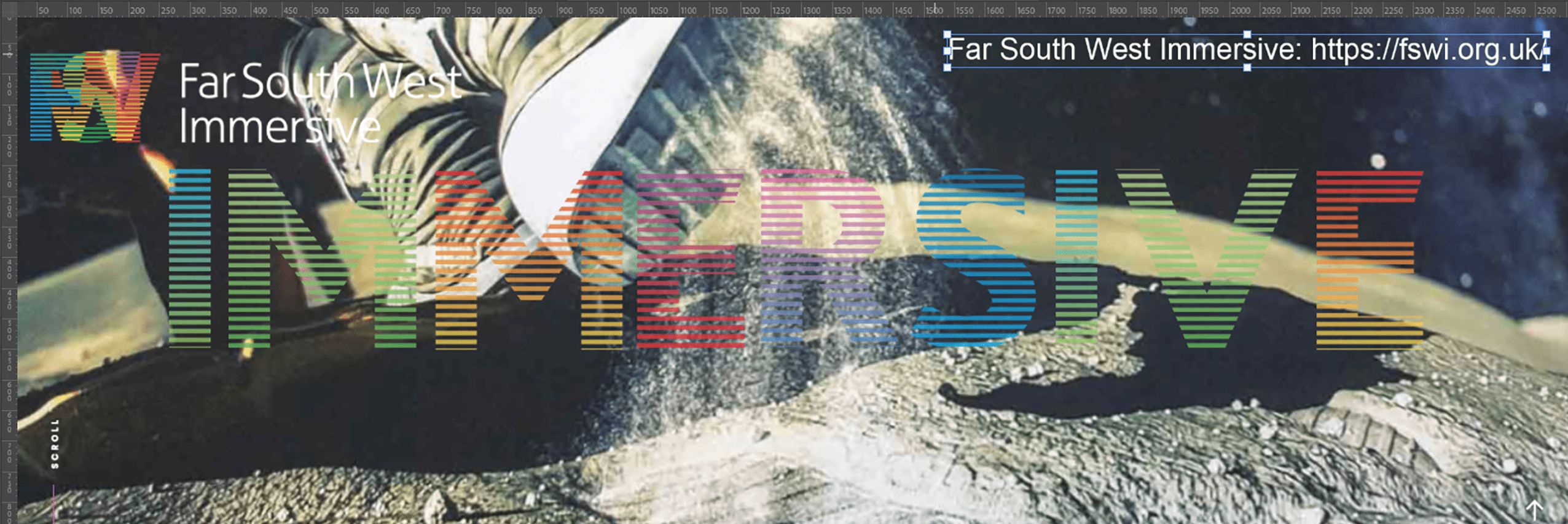
You must be logged in to post a comment.